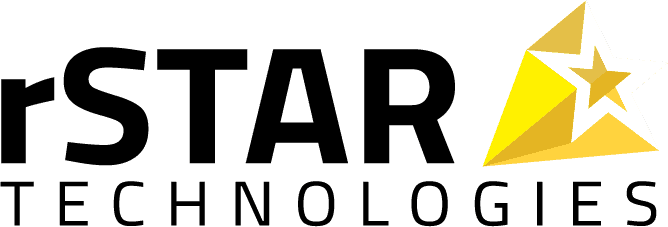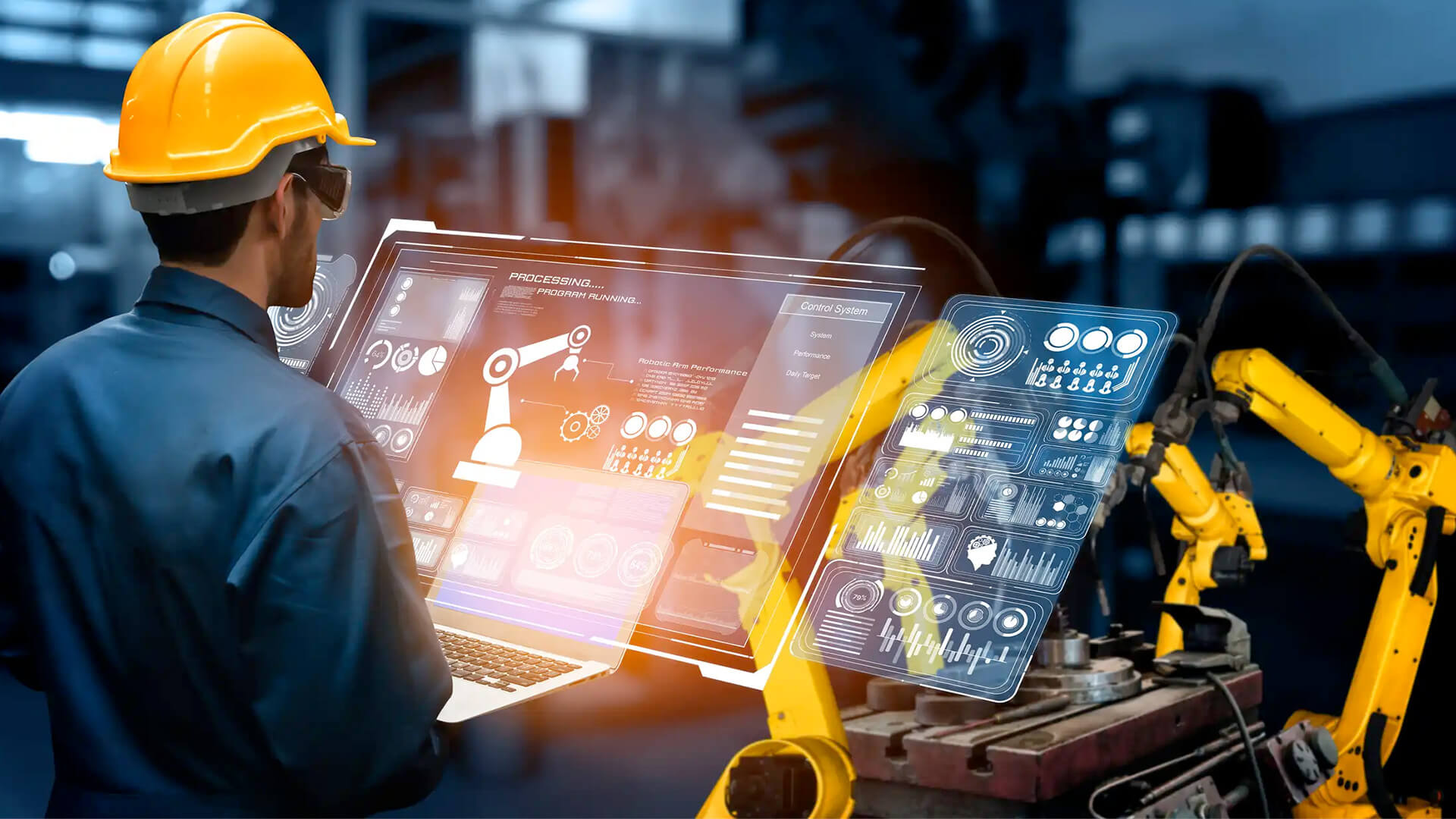As the business world becomes more competitive, every manufacturer is looking for new and effective ways to save money, reduce risks, boost overall production, and enjoy other benefits. Efficiency and resiliency are critical to ensure they stay relevant and maintain their position in the marketplace. Adopting AI is not a luxury but a necessity in 2024. By sitting on the sidelines, manufacturers risk getting left in the cold.
Table of Contents
We’ve discovered eight exciting AI case studies to share with you to inspire your own journey. These case studies demonstrate the many ways in which manufacturers are tapping into the power of AI and GenAI for predictive maintenance, quality control, and more.
Note that these are use cases found through our research. For actual rSTAR use cases, please see our collection of Case Studies.
Eight Manufacturing AI Use Cases – Global Examples
-
-
Siemens
Siemens has relied on AI for predictive maintenance for some time. For example, the technology powerhouse has used IoT sensors in its factories to forecast equipment failures and optimize maintenance schedules. This has led to reduced downtime and maintenance costs. More recently, the German company announced a generative AI solution to deliver better outcomes for its clients.
-
-
-
General Electric (GE)
Driven by its research arm, GE offers a real-world example of what optimizing production processes, predictive maintenance and quality control can mean practically speaking. The manufacturing firm’s technologies impact verticals like aviation, healthcare and energy. For instance, the company recently announced it has adopted an accelerated computing and AI technology . This development “will help enhance patient care by making ultrasound diagnostics quicker and more accurate,” the company said in a March 2024 statement.
-
-
-
Fanuc
Fanuc, a leading manufacturer of industrial robots, has introduced a function that allows for more precise cutting and welding with robots. One case is the LASER cutting of sheet metal and water jet cutting of automobile sheet material. This function was first released with the ARC Mate series and the company has plans to adopt it more broadly.
-
-
-
ABB
ABB, a leader in electrification and automation, uses AI to help its customers proactively optimize the HVAC system in buildings. The company claims the upfront investment is minimal, though the results can be significant in terms of cost savings, emission reductions, and promoting a comfortable work environment. ABB leverages a SaaS business model to generate high energy cost savings in a short period.
-
-
-
IBM
IBM’s impact and reach on manufacturing companies is far and wide. The company has developed generative AI solutions that help its clients unlock efficiency and productivity in areas like training validation, quality assurance, and regulatory compliance.
-
-
-
Bosch
Bosch uses big data and machine learning technologies to enhance product quality by optimizing manufacturing operations at its plants. The company claims that recent developments have revolutionized the way they collect and analyze data. By way of deep learning techniques, they’ve made huge strides in terms of automated optical inspection, anomaly detection, root cause analysis, and production scheduling. Further strengthening its posture, the company has its Bosch Center for Artificial Intelligence, which develops and deploys cutting-edge AI technology and services across verticals. This dedicated R&D initiative is how it researches and integrates deep learning, natural language processing, probabilistic modeling, and reinforcement learning.
-
-
-
Schneider Electric
Schneider Electric has publicly expressed its commitment to digital transformation across the organization. One recent example is its deployment of Jo-ChatGPT. Unlike the public ChatGPT, this internal application positions employees for success in that they have access to the power of OpenAI in a secure way. As a result, data stays within the confines of the company, a factor that the Chief AI Officer cited as business critical.
-
-
-
Rockwell Automation
The Wisconsin manufacturer made news when it launched an AI product, Asset Risk Predictor (ARP), which it claims allows users to combine maintenance data with AI to spot anomalies, boost OEE, and plan maintenance with precision. This innovation incorporates “AI sensor data, machine recipe, and operational environments” to anticipate any issues so customers can eliminate failure and related downtime. What’s more, Rockwell said in a statement that the integration of ARP into a manufacturing environment can produce results in a matter of a few days.
-
rSTAR: Manufacturing Implementation, Integration, Automation and GenAI Expertise
If you’re looking to learn more about how AI and machine learning can position manufacturers for next-level success, rSTAR has the technology expertise and proven industry experience to help you create a roadmap to success. The time is now to make the investment in the future of your enterprise.






